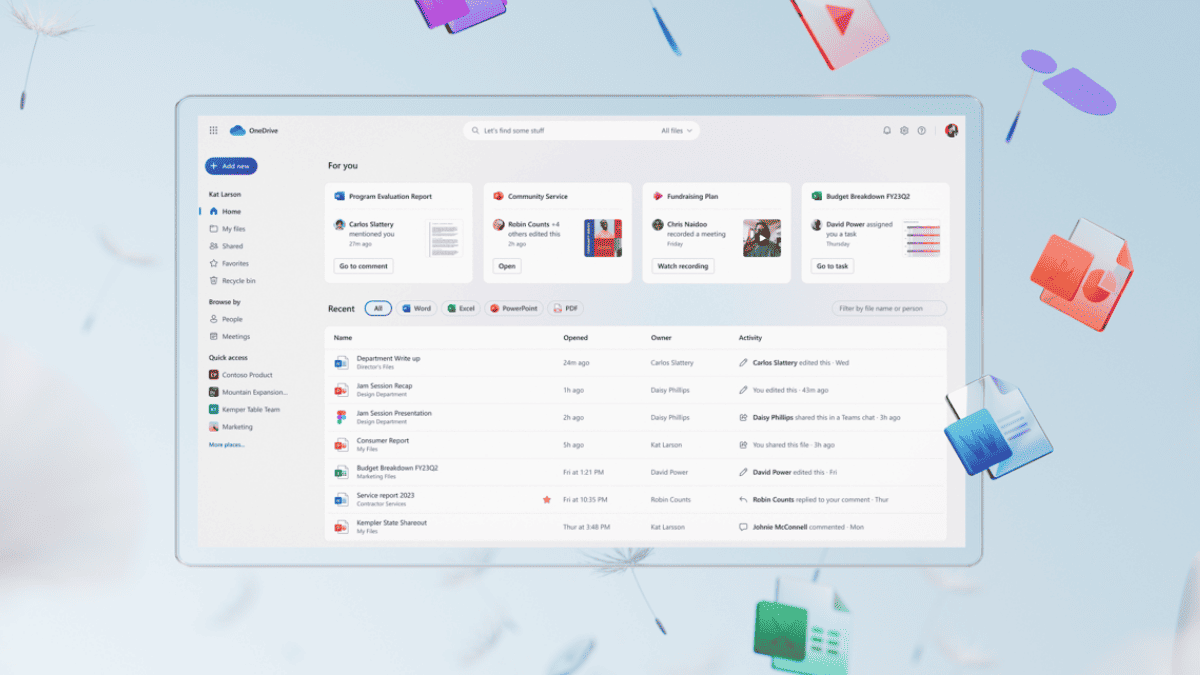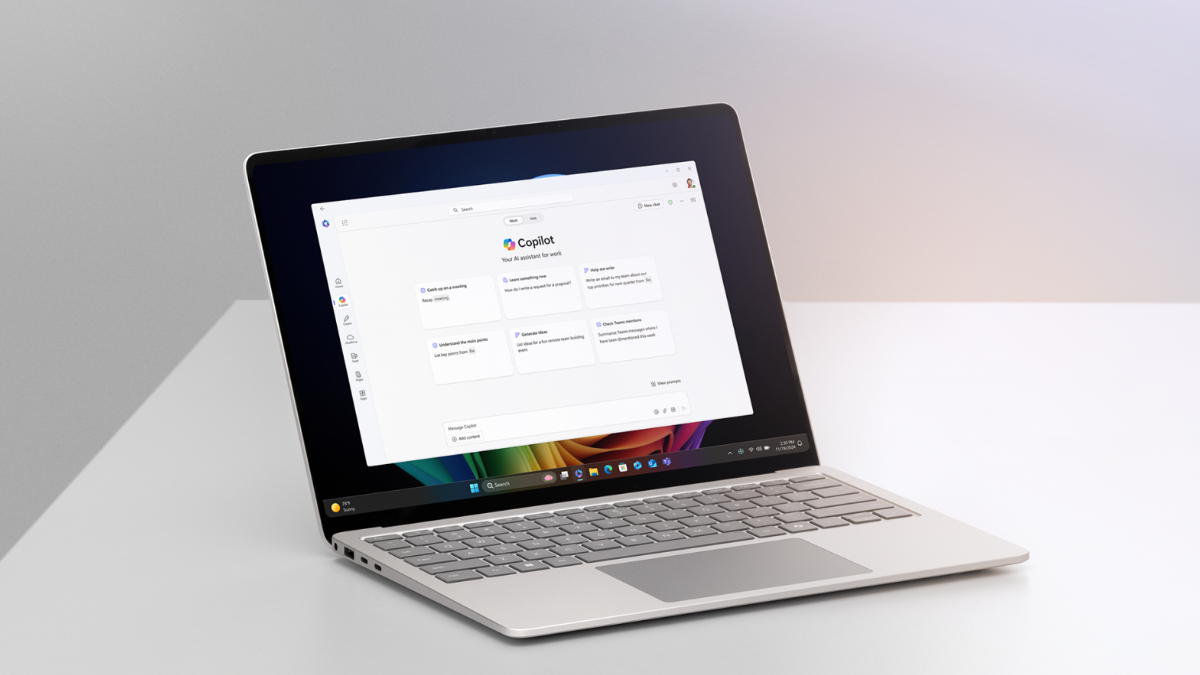Microsoft announces new Azure service makes it even easier to deploy containers
2 min. read
Published on
Read our disclosure page to find out how can you help MSPoweruser sustain the editorial team Read more

Containers are lightweight, portable, and self-sufficient. They are now broadly accepted and they enable simple portability between platforms and between clouds. Today, Microsoft announced a new Azure service called Azure Container Instances (ACI) that will make it even easier to deploy containers in the cloud. It delivers containers without any Virtual Machine infrastructure to manage. Microsoft claims that ACIs are the fastest and easiest way to run a container in the cloud.
An Azure Container Instance is a single container that is billed by the second. It allows developers to select the exact amount of memory separate from the exact count of vCPUs based on their needs. Since containers are a first-class object of the Azure platform, it offers Role-Based Access Control (RBAC) on the instance and billing tags to track usage at the individual container level. As ACI directly exposes containers, there is no need to learn about VM management. Developers need to just develop their app in a container.
Azure Container Instances are now available in public preview for Linux containers. In the coming weeks, Microsoft will add support for Windows containers. Microsoft allows you to deploy either using the Azure CLI or using a template. Microsoft is also releasing the ACI Connector for Kubernetes that enables Kubernetes clusters to deploy to Azure Container Instances.
Azure Container Instances can be used for fast bursting and scaling whereas VMs can be used for the more predictable scaling. Workloads can even migrate back-and-forth between these underlying infrastructure models. This offers a level of agility for deploying Kubernetes, unlike any other cloud provider, enabling services that start in seconds without any underlying VMs and are billed and scaled per second. are billed and scaled per second.
Microsoft today also announced that it has joined the Cloud Native Computing Foundation (CNCF) as a Platinum member. CNCF, a project of Linux Foundation that hosts and provides governance for a wide range of projects including Kubernetes, Prometheus, OpenTracing, Fluentd, Linkerd, containerd, Helm, gRPC, and many others.










User forum
0 messages